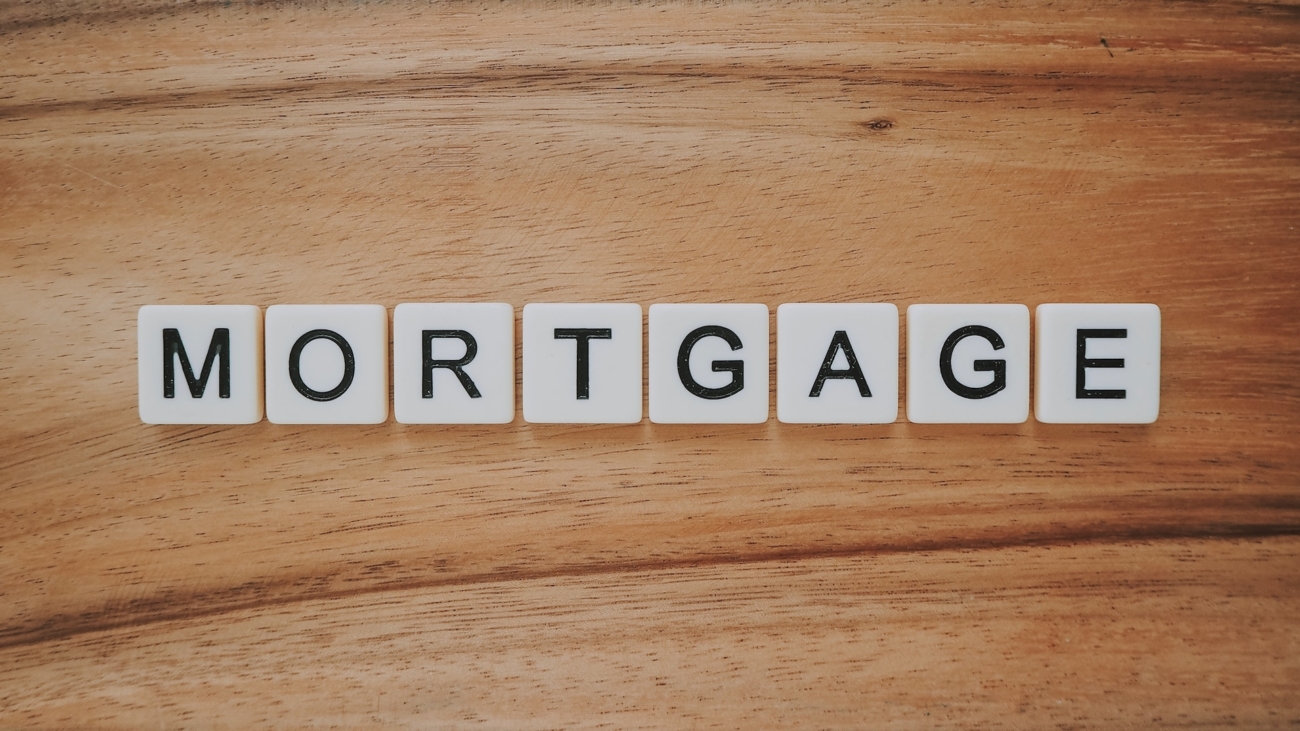Fixed-rate mortgages are a popular choice for homebuyers in Canada. These mortgages come with a fixed interest rate that remains the same throughout the loan term. This means that the monthly payment remains constant, making it easier for homebuyers to budget and plan for their future expenses. But what is the maximum term for fixed-rate mortgages in Canada?
What Is the Maximum Term for Fixed-Rate Mortgages in Canada?
In Canada, the maximum term for fixed-rate mortgages is typically ten years. This means that you can lock in your interest rate for up to a decade, providing you with stability and predictability in your mortgage payments. However, it’s important to note that not all lenders offer ten-year fixed-rate mortgages, and those that do offer them may charge a higher interest rate than shorter-term mortgages.
Pros of a Long-Term Fixed-Rate Mortgage
One of the biggest advantages of a long-term fixed-rate mortgage is its stability. With a fixed interest rate for up to ten years, homebuyers can plan and budget for their mortgage payments with confidence. This can be particularly beneficial for those on a fixed income or those who want to avoid the risk of interest rate fluctuations.
Another advantage of a long-term fixed-rate mortgage is the potential savings it can provide over the long run. While the interest rate on a ten-year fixed-rate mortgage may be slightly higher than that of a five-year fixed-rate mortgage, it may still be lower than the variable rate. This means homebuyers can save money over time by locking in a fixed rate and avoiding the risk of rising interest rates.
In addition, a long-term fixed-rate mortgage can provide peace of mind for homebuyers who are concerned about the potential for rising interest rates. With a fixed rate, homebuyers don’t have to worry about their mortgage payments increasing if interest rates go up, which can provide a sense of security and stability.
Cons of a Long-Term Fixed-Rate Mortgage
While there are many advantages to a long-term fixed-rate mortgage, there are also some disadvantages to consider. One of the biggest drawbacks is the potential for higher interest rates. Lenders often charge a higher interest rate for longer-term mortgages because they are taking on more risk by locking in a rate for a longer period of time. This means that homebuyers may end up paying more in interest over the life of the loan.
Another disadvantage of a long-term fixed-rate mortgage is the lack of flexibility it provides. With a fixed rate, homebuyers are locked into their mortgage payments for up to 10 years, regardless of any changes in their financial situation or the housing market. This can make it difficult to refinance or sell the property if needed.
In addition, a long-term fixed-rate mortgage may not be the best option for homebuyers who are planning to pay off their mortgage early. With a fixed rate, there may be penalties for prepayment, which can make it more expensive to pay off the mortgage before the end of the term.
Final Thoughts
A long-term fixed-rate mortgage can be an excellent option for homebuyers who value stability and predictability in their mortgage payments. While there are some potential drawbacks to consider, such as higher interest rates and lack of flexibility, a long-term fixed-rate mortgage can provide peace of mind and potential savings over the long run. Ultimately, the decision to choose a long-term fixed-rate mortgage should be based on individual financial circumstances and risk tolerance. By carefully evaluating all options and consulting with a mortgage professional, homebuyers can make an informed decision that meets their unique needs and goals.
Find the right mortgage for your needs with the help of Ottawa Mortgage Services. We are a mortgage agent in Ottawa that is actively involved in the mortgage industry and has a great deal of experience preparing mortgages, dealing with lenders, and negotiating all aspects of mortgage underwriting. We’ll make sure you understand the mortgage process and then arrange a mortgage with a lending institution that is offering the product that best suits your specific needs. Apply now!













